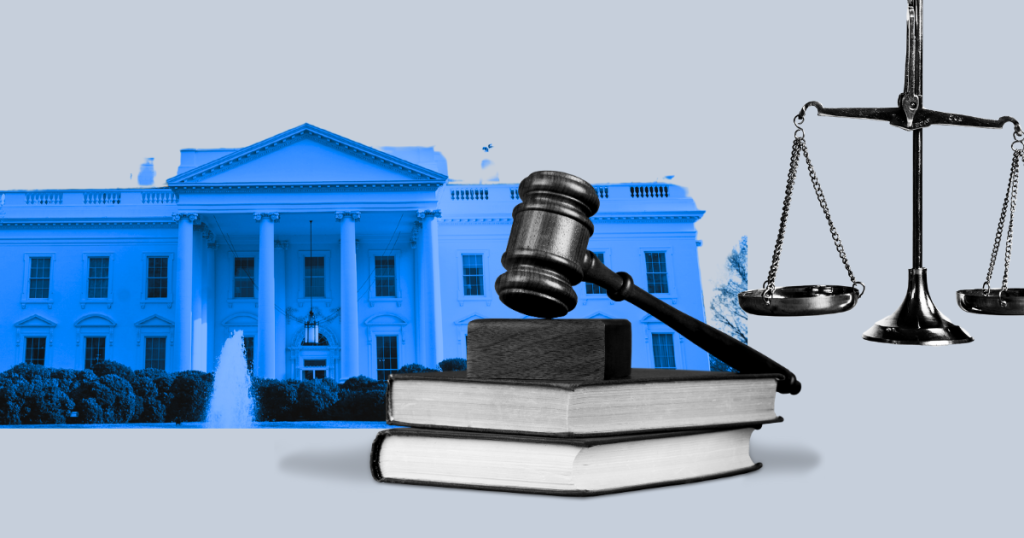ARTICLE AD BOX

The post Ireland New Crypto Regulation: Gearing Up for EU Anti-Money Laundering Laws appeared first on Coinpedia Fintech News
Ireland is gearing up to set cryptocurrency regulations in place as strict European Union Anti-Money Laundering (AML) guidelines will come into operation from December 30, 2024.
Ireland’s Commitment to Crypto Regulation Ahead of EU AML Laws
In a recent meeting of the cabinet, Finance Minister Jack Chambers announced that necessary amendments will be brought to the parliament to strengthen the country’s crypto regulation before the EU laws are implemented, the Irish Examiner reports.
The future EU AML laws, which is the “Anti-Money Laundering and Countering the Financing of Terrorism Act,” is expected to enhance the competence of FIUs. These Units will have the power to stop transactions and set a cash payment limit of €10,000 ($10,850).
The regulations also compel platforms selling cryptocurrencies to provide more detailed information on traders and also demand increased supervision of transactions above certain thresholds. Such financial risks as risks to crypto assets and crowdfunding will also be covered in the framework.
While the particulars of Ireland’s upcoming legislation have not been revealed, they provide an approximate implementation of the EU’s AML and MiCA directives. MiCA, the Markets in Crypto-assets Regulation, which entered into force in June 2023 – is meant to address the developing cryptocurrency market throughout Europe to establish correct investor defense and stop unlawful monetary misconduct.
Strengthening Financial Oversight
Derville Rowland, Deputy Governor of the Central Bank of Ireland, underlined the continuing commitment to the safety and soundness of financial innovation in the country. Ireland has already granted licenses to 15 VA, SPs among them renowned companies are Coinbase, Ripple, and Gemini.
This way Ireland tries to ensure that digital assets cannot be used for illicit purposes in the Irish market, while also striving to remain the key financial hub of the EU and support innovation in the sphere of the new digital economy.
.png)
 2 months ago
1
2 months ago
1








 English (US)
English (US)